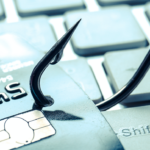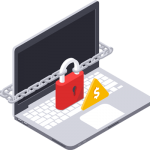Cybercriminals are capitalizing on H1N1-flu fears by selling fake Tamiflu, so you probably shouldn’t be ordering this online.
Networks of fraudsters use spam and malware to direct Web traffic to phony pharmaceutical sites.
Although unwitting buyers do often receive some kind of drug as result of the transactional exchange, at best the drug doesn’t work and at worse it can pose serious health risks. These Internet criminals are putting their customers’ health, personal information and credit card details at risk, with these counterfeit versions of Tamiflu.
Many of these fraudulent pharmaceutical sites originate in Russia . One network called GlavMed, for example, has more than 120,000 online pharmacy sites selling generic drugs under the name of Canadian Pharmacy. Each GlavMed spammer uses e-commerce software to create new domains or direct traffic to colleagues’ domains, and charge a 40% commission on each sale.
A log file of purchases made on Canadian Pharmacy showed about 200 drug purchases per day per site, meaning a domain owner can earn up to an estimated $16,000 in a day . The top five countries that have been purchasing Tamiflu and other drugs from so-called Canadian Pharmacy sites are the United States, Germany, the United Kingdom, Canada and France.
The Federal Trade Commission said earlier this week that it issued warnings to 10 Web sites making questionable claims that their products could be used to treat swine flu. The FTC said that these remedies, which included homeopathic remedies and air-filtration systems, were violating federal law unless they can back up their claims with scientific proof.
The agency conducted a sweep in late September targeting Web operators who take advantage of natural disasters or financial crises. As consumers grow increasingly anxious about obtaining the H1N1 vaccine for their children and other vulnerable family members, scam artists take advantage by selling them bogus remedies online.
[source: Knujon Reports, ©knujon.com 2009]









